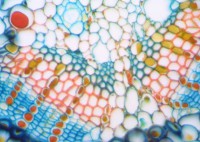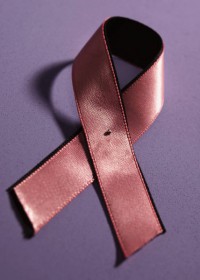
An apple a day is said to keep the doctor away, and now it turns out adding a handful of peanuts to your daily diet could keep your funeral away to boot. How? A recent study has determined consuming peanuts and tree nuts daily is associated with a lower risk of dying over a 5-6 year period versus those who ate few or none. How “nuts” should you go? Issels® has the the 4-1-1 for helping you live a long, healthy life.
The nutty news…
The study, published in the journal JAMA Internal Medicine, linked consuming peanuts and tree nuts such as walnuts, pecans, and almonds with fewer deaths from heart-related issues, as well as fewer deaths overall. And you don’t need to munch predominately on costly kernels such as tree nuts either. Peanuts, a far more affordable option to tree nuts, offers similar cardiovascular benefits for far less cost.
Go nuts. Peanuts that is.
As long as you’re not allergic, consuming these lucky legumes can increase your longevity by 21 percent over nut naysayers. These benefits were seen with the consumption of about 2/3 of one ounce, or 17-18 grams. Even better? The findings held true regardless of smoking, drinking, body mass, and metabolic condition.
What’s in a nut?
Peanuts are nutrient rich, packed with unsaturated fats, fiber, antioxidants, and vitamins. It’s theorized the goodies packed in plant-based peanuts could help maintain the heart’s endothelial function, and consequently cell-lining blood vessels. This in addition to the nut’s heart-healthy antioxidant and anti-inflammatory effects.
Is your health making you nutty? Issels® can help. Contact us today to learn more about our proven immunotherapy cancer treatment options today.





